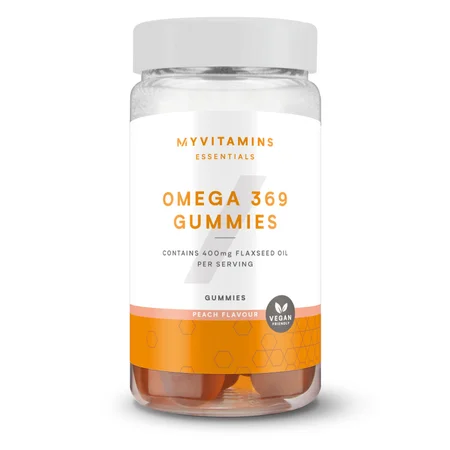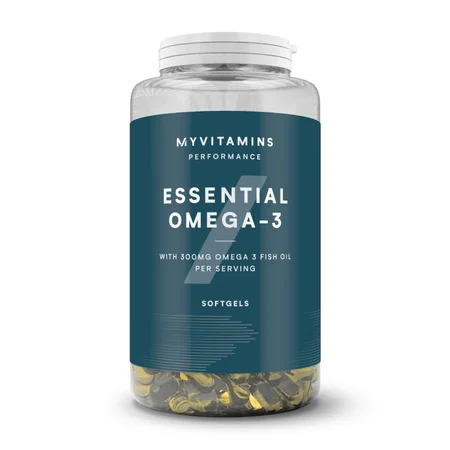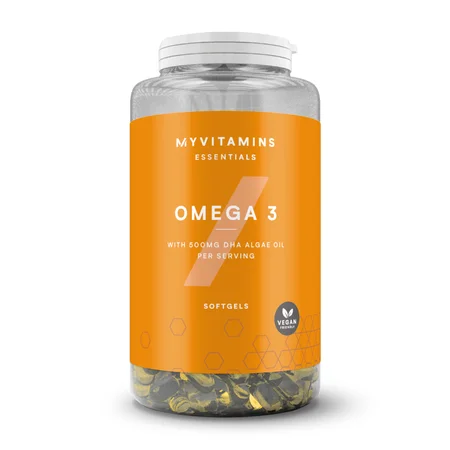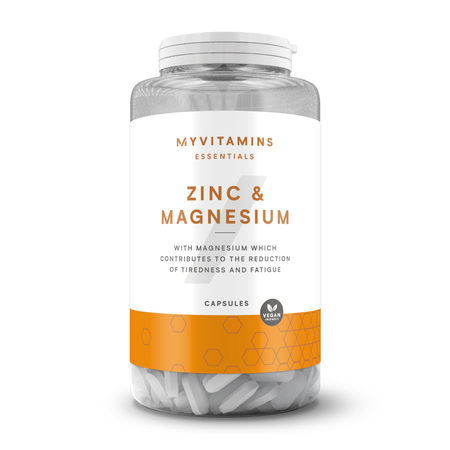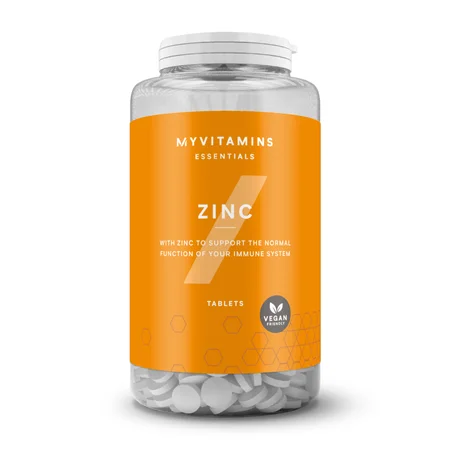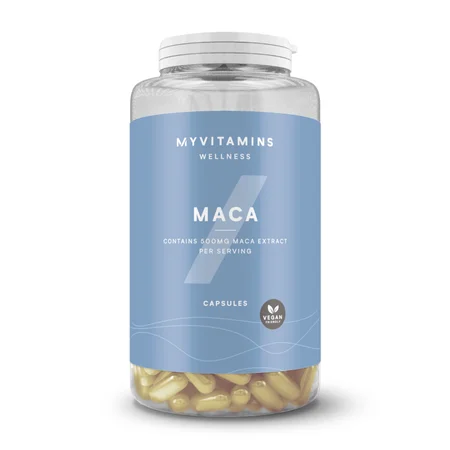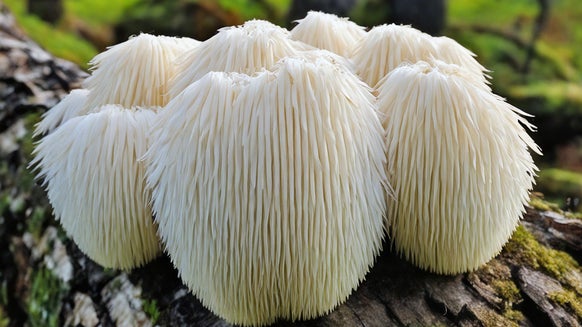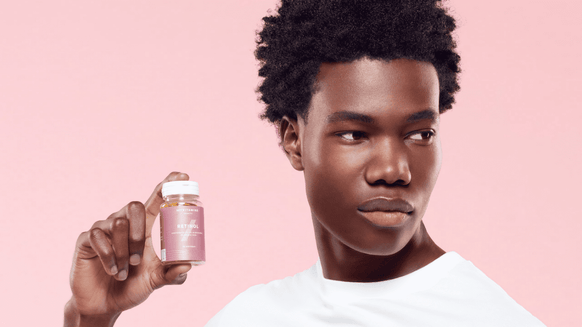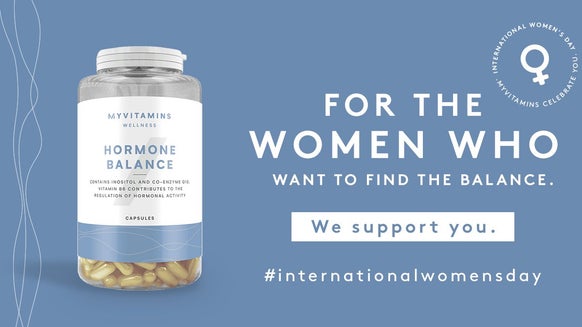Low Libido: Causes & Treatment For Reduced Sex Drive
Libido is an important part of daily life and involves a complex relationship between psychological and biological mechanisms. There are various factors that affect libido which will be explored in this article, along with lifestyle changes and supplements to help boost sex drive.
What Can Cause Low Libido?
A clear link has been found between states of low mood and low libido, as well as periods of high stress causing low libido. Common mood disorders can have a negative impact on sex drive.
Ageing is another main cause of low libido; as we age, the levels of sex hormones reduce.
For women, this means reduced oestrogen and T-levels in the pre, peri and post-menopausal stages of life.
For men, this equates to reduced levels of T-levels. Higher T-levels usually equates to a higher sex drive. Ageing can also come hand in hand with regular medication use, which in turn can have the knock-on effect of reducing libido.
Lifestyle & Libido

Lifestyle changes are also important when tackling low libido – behaviours that are health promoting such as regular exercise and a diet rich in plant foods and grains can help to improve your general mood.
Foods high in unsaturated fats can help to improve sex drive. This includes foods like brazil nuts, avocadoes, and oily fish. Meditation can also help to create a feeling of internal balance and calm.
T-Levels
As mentioned previously, low sex hormones can be one cause of low libido. Low T-levels can occur at any point in life, not just with increased age.
Poor gym performance, increased fatigue, and loss of your usual ‘spark’ can all be signs of low T-levels. A supplement targeting several of the contributing factors can help to improve not only T-levels, but also energy levels and immune function.
For additional supplementation, try
Low Libido In Women
Low sex hormones are only part of the puzzle for women – with the approach of menopause comes associated symptoms due to low oestrogen. These include fatigue, vaginal dryness (due to dryness of mucous membranes), and reduced skin elasticity.
Again, a supplement that aims to support hormone balance and contains those nutrients essential for energy maintenance is key. Pomegranate and
Summary
Libido is one of those health topics that is rarely talked about until there’s a problem. However, it is important to know that there is no normal when it comes to sex drive.. Everyone is different, and libido changes throughout life, especially with age.
If there is a family history of any health conditions, then it may be best to speak to your GP.

